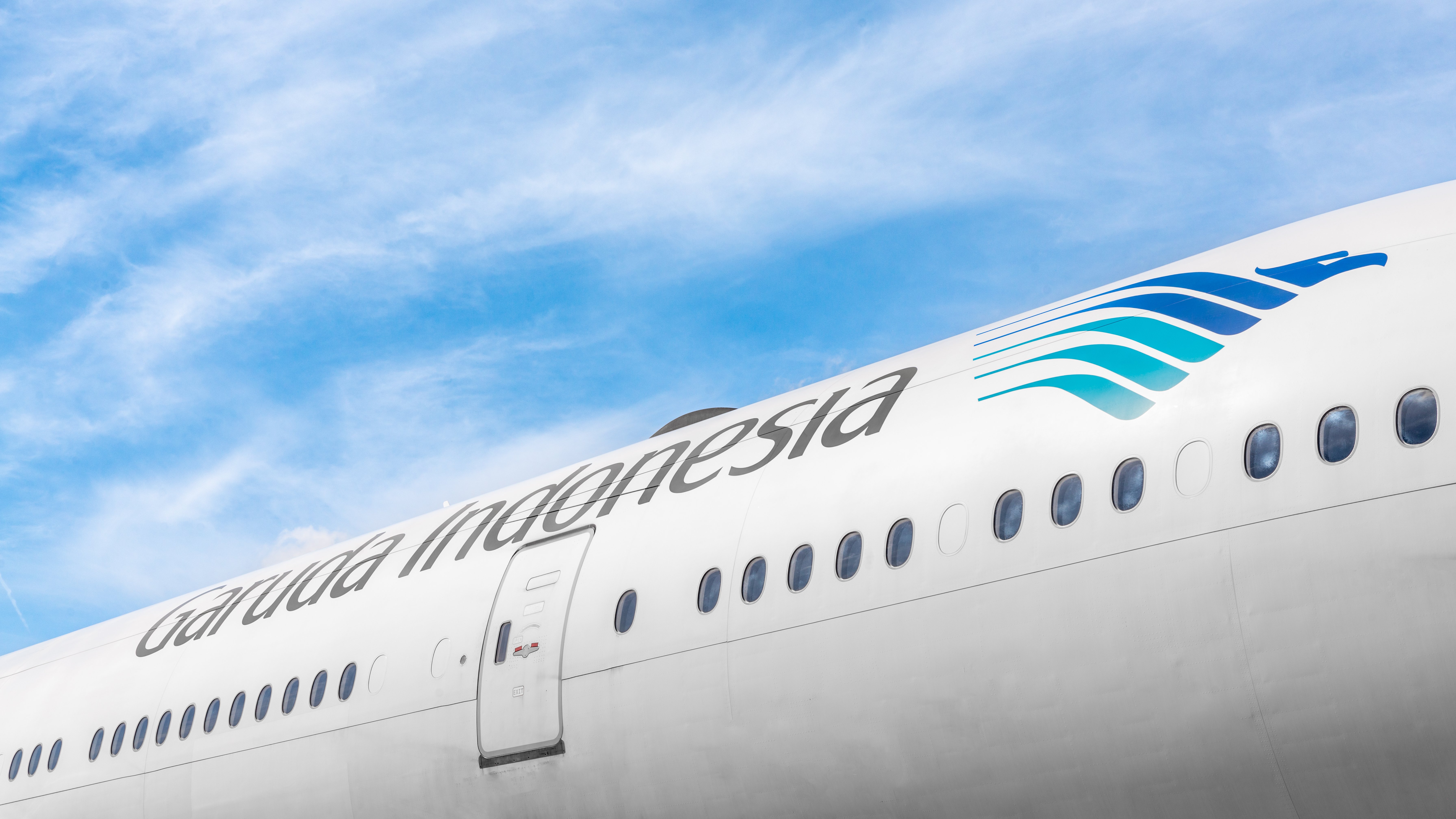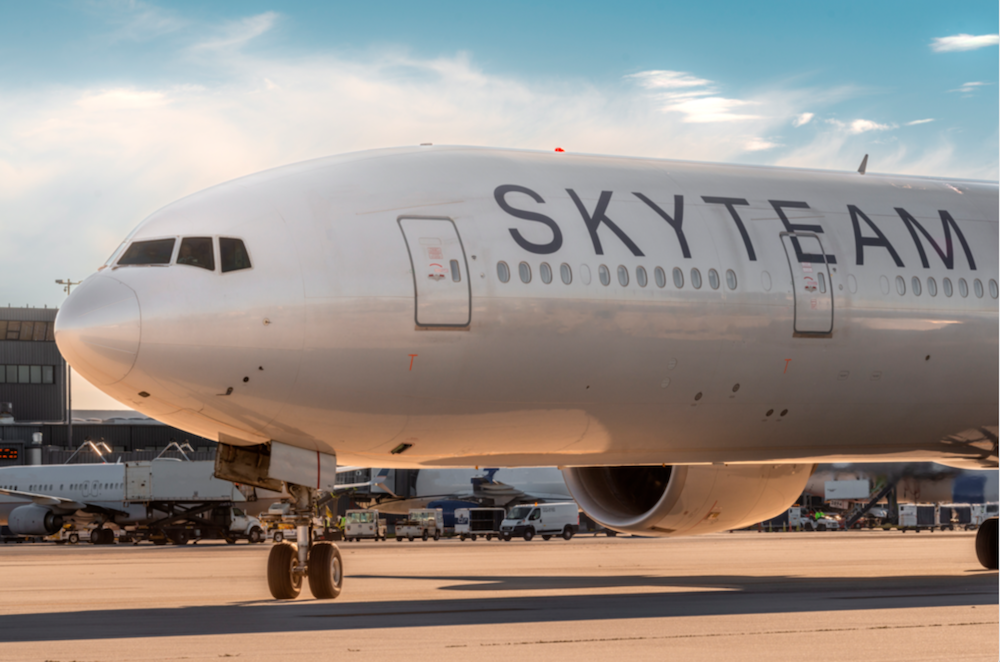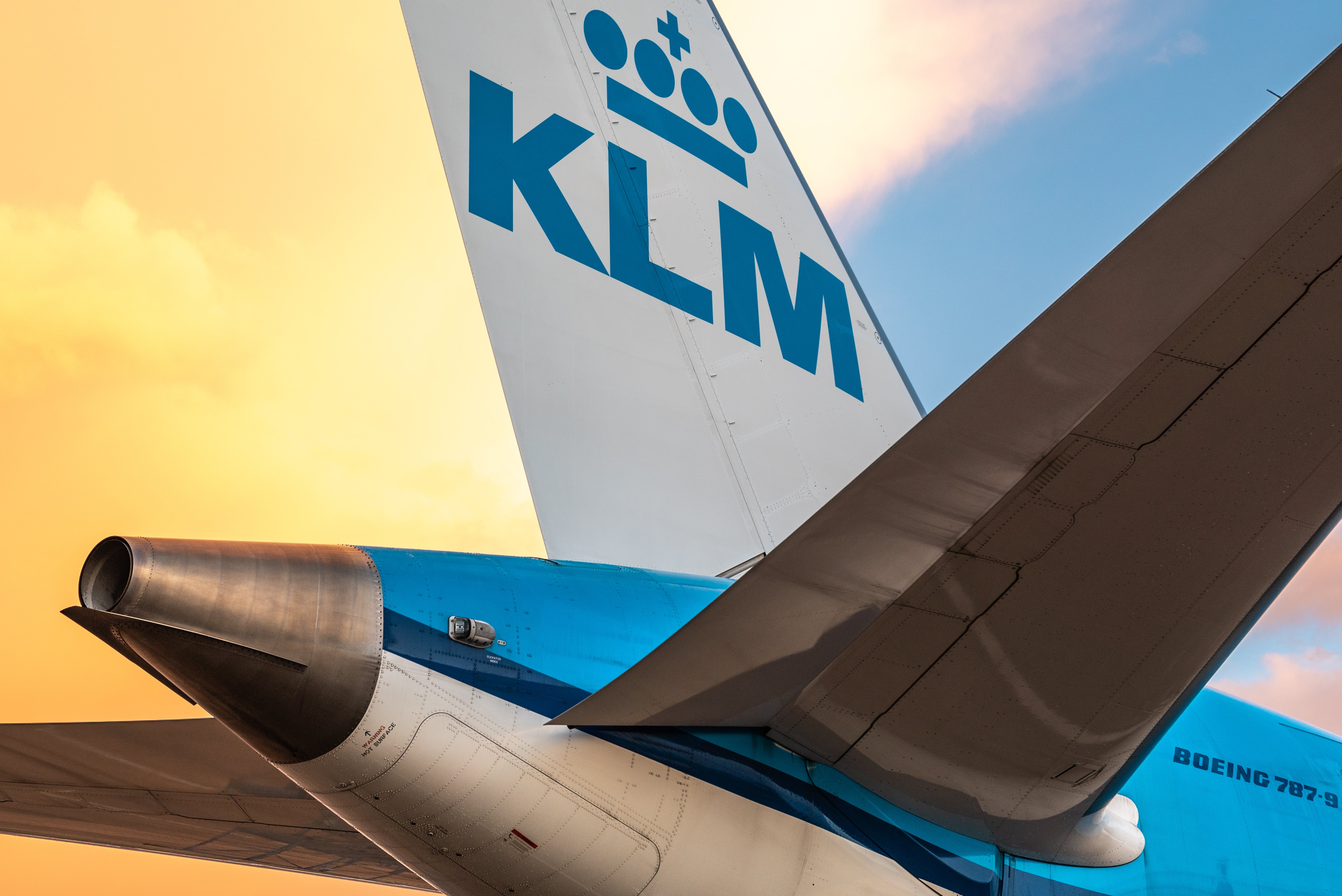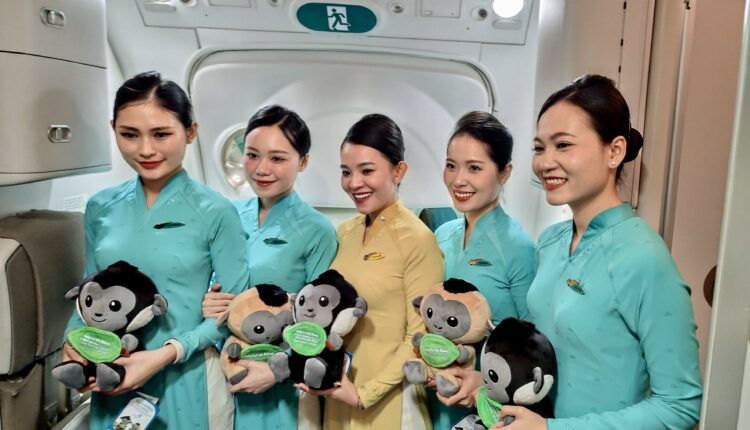Scandinavian Airlines (SAS) has introduced lightweight, recyclable cardboard support planks for cargo transport on its widebody aircraft. These planks improve cargo handling efficiency while reducing environmental impact. Because they weigh approximately 80 percent less than traditional wooden planks, they help lower the overall cargo weight, which leads to reduced fuel consumption and lower CO2 emissions. For example, replacing a single 1-meter wooden plank with a cardboard alternative on a Copenhagen to Los Angeles (CPH to LAX) flight saves approximately 17 kilograms of CO2. In 2023 and 2024, this initiative helped SAS cut approximately 60,000 kilograms of CO2 emissions, with even greater savings expected in 2025. In addition to fuel savings, these planks are made from recycled materials and can be reused multiple times before being recycled again as standard cardboard waste. Their lighter weight also makes them easier to handle, improving efficiency and reducing physical strain on cargo staff. These planks are often less expensive than wood, increasing the incentive for airlines to adopt them. Unlike wooden planks, they do not require treatment against plant pests, making them compliant with ISPM 15 and IPPC regulations. SAS initially tested these support planks on widebody flights departing from Copenhagen, a major hub for its long-haul operations. After seeing promising results, the airline is expanding their use to more flights as part of its broader commitment to sustainable aviation. Development and Implementation of Cardboard Support Plan To reduce aircraft weight and lower fuel consumption, SAS partnered with a supplier specializing in lightweight, recyclable cargo solutions. The cardboard planks are made from durable, recycled materials. Despite their lower weight, they have high load-bearing capacity and remain reliable even in wet conditions. Several suppliers offer these planks. A quick search for “air cargo recyclable support planks” reveals providers who also offer other lightweight equipment, such as cardboard Euro pallets. These alternatives can also be used by cargo customers when building their own unit load device pallets. Following the success of this solution, SAS is expanding the use of cardboard support planks across more flights. This supports its goal of making cargo transport more sustainable while also improving efficiency for ground staff. By implementing measures like this, SAS continues to reduce its environmental footprint through practical, scalable innovations.
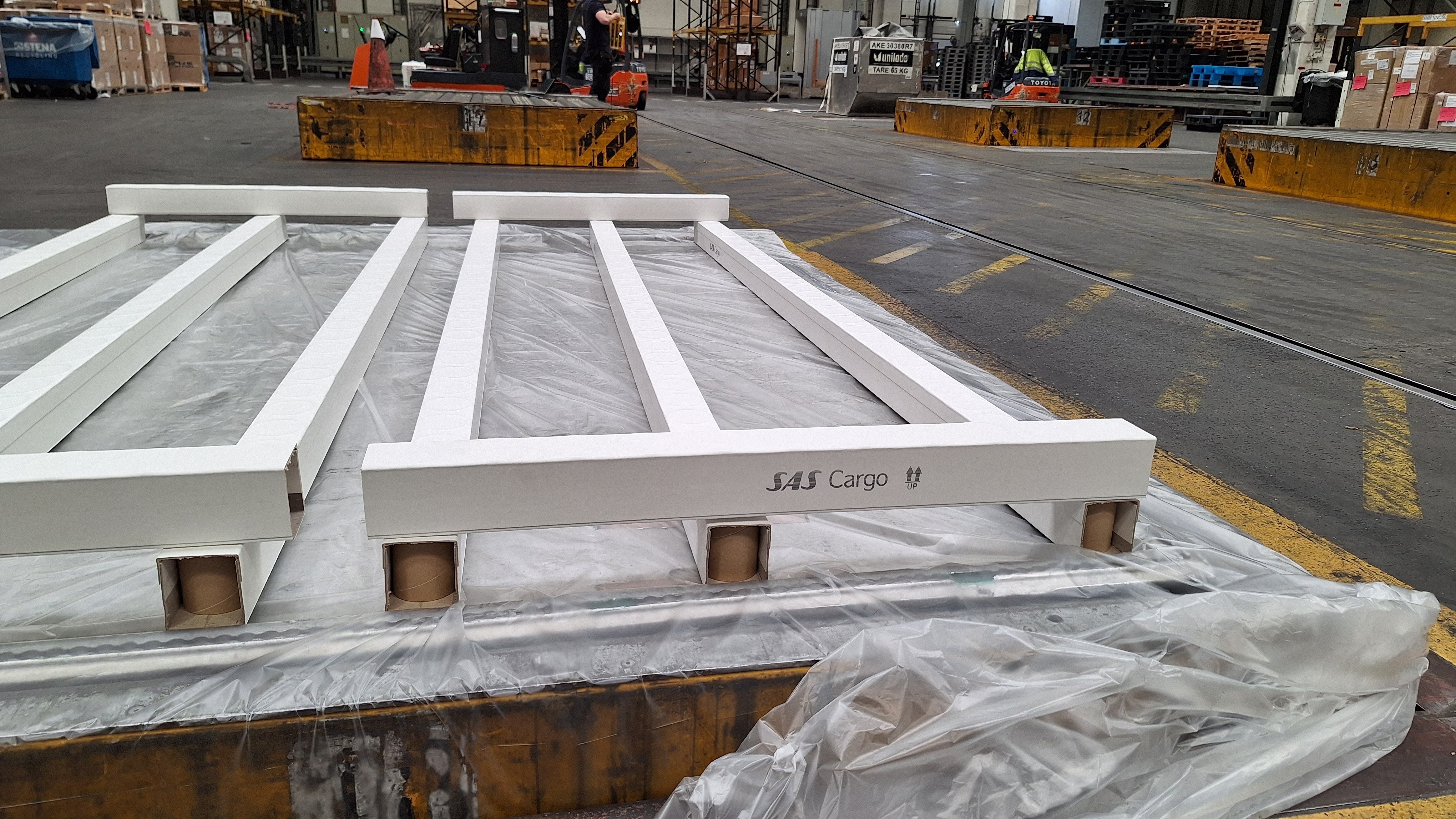
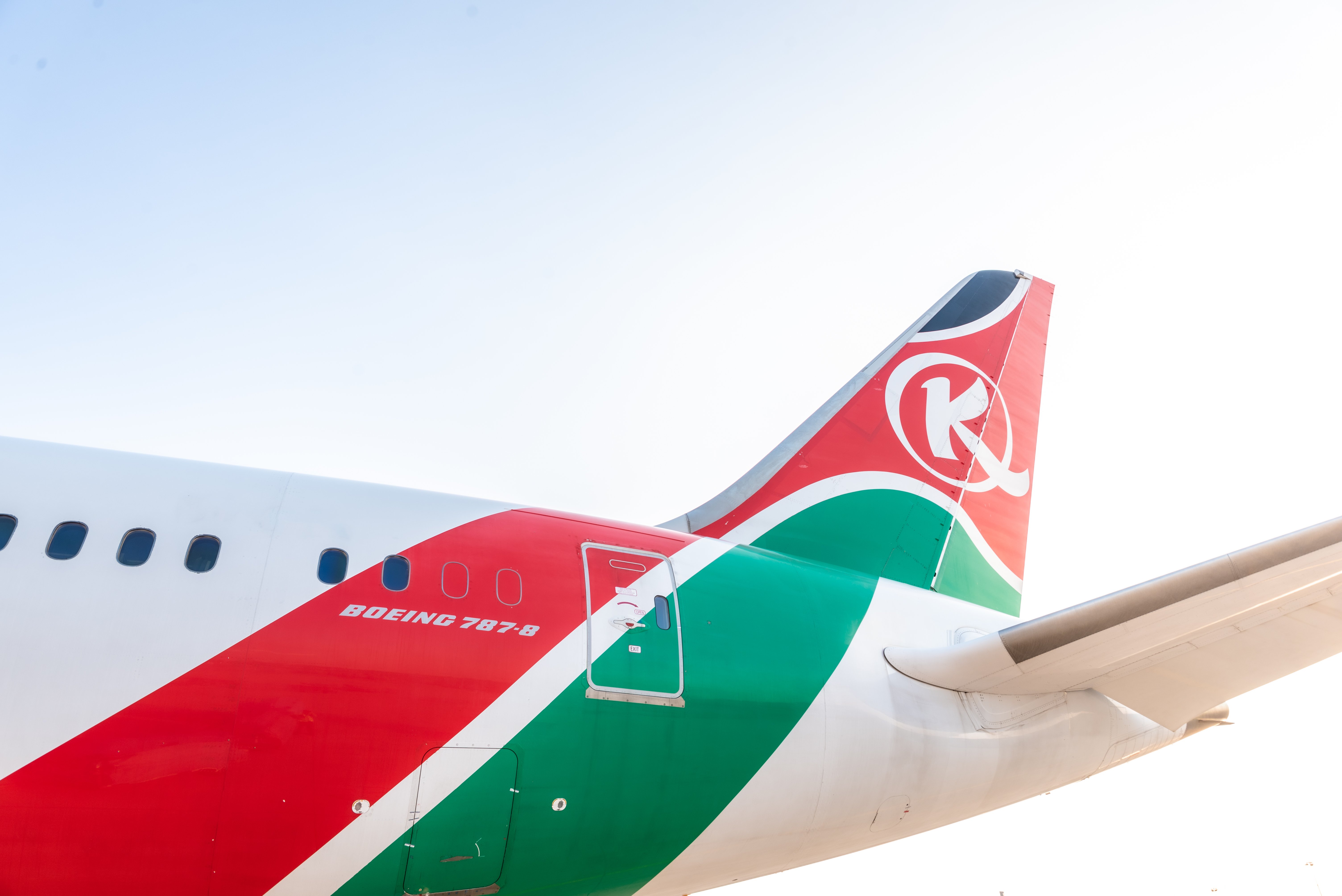
.jpg)
